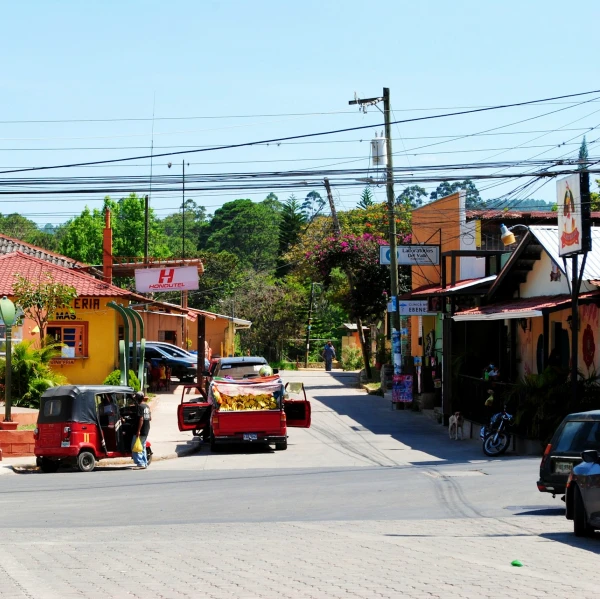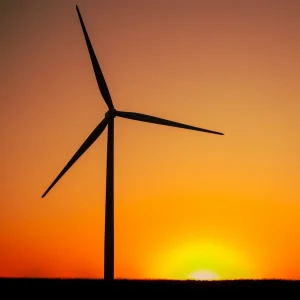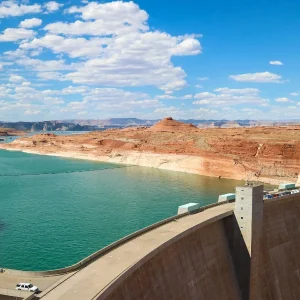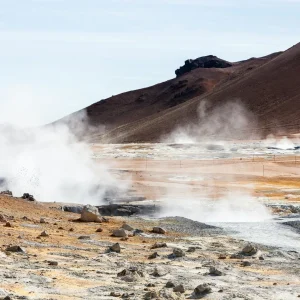Honduras is on a mission to transform its energy landscape with a strong focus on renewables. In a bid to achieve an impressive 80% share of renewables in its power generation by 2038, the nation is taking bold steps towards reducing its reliance on fossil fuels. But how can Honduras turn its ambitious goals into reality? Let’s break it down.
Urgency of Implementation
The recent Renewables Readiness Assessment by the International Renewable Energy Agency (IRENA) emphasizes the need for not just having energy laws on paper, but also enforcing them through effective regulations and implementation mechanisms. With Honduras facing the urgent imperative to combat climate change and reduce CO2 emissions, swift action is crucial.
Bridging Ambition with Action
IRENA Director-General, Francesco La Camera, praises Honduras’ abundant natural resources and ambitious renewable energy commitment. However, there’s a gap between aspiration and execution that needs to be addressed. Collaborative efforts between government bodies, energy stakeholders, and international partners are essential to bridge this gap and drive tangible progress.
Key Recommendations for Success
The Renewables Readiness Assessment outlines six key areas for targeted action:
- Institutional Strengthening: Enhancing the capacity and governance of energy sector institutions.
- Policy and Regulatory Framework: Establishing supportive policies for the renewable energy sector.
- Sustainable Development: Integrating energy efficiency measures into national development agendas.
- Electricity Industry Enhancement: Modernizing and fortifying the electricity grid.
- Investment in Technology and Infrastructure: Facilitating investments in renewable energy technologies and infrastructure.
- Building Human Capacities: Investing in training and education to develop a skilled workforce.
Seizing Opportunities
Despite challenges, Honduras boasts significant potential for renewable energy development, including abundant solar resources and untapped biomass reserves. By leveraging these resources and implementing targeted regulations to attract investments, Honduras can enhance energy access, drive economic growth, and promote sustainable development.
Conclusion
Honduras is at a crucial juncture in its renewable energy journey. By heeding the recommendations laid out in the Renewables Readiness Assessment, the nation can overcome obstacles and unlock the full potential of its green energy transition. Together, let’s turn ambition into action and pave the way towards a brighter, more sustainable future.




